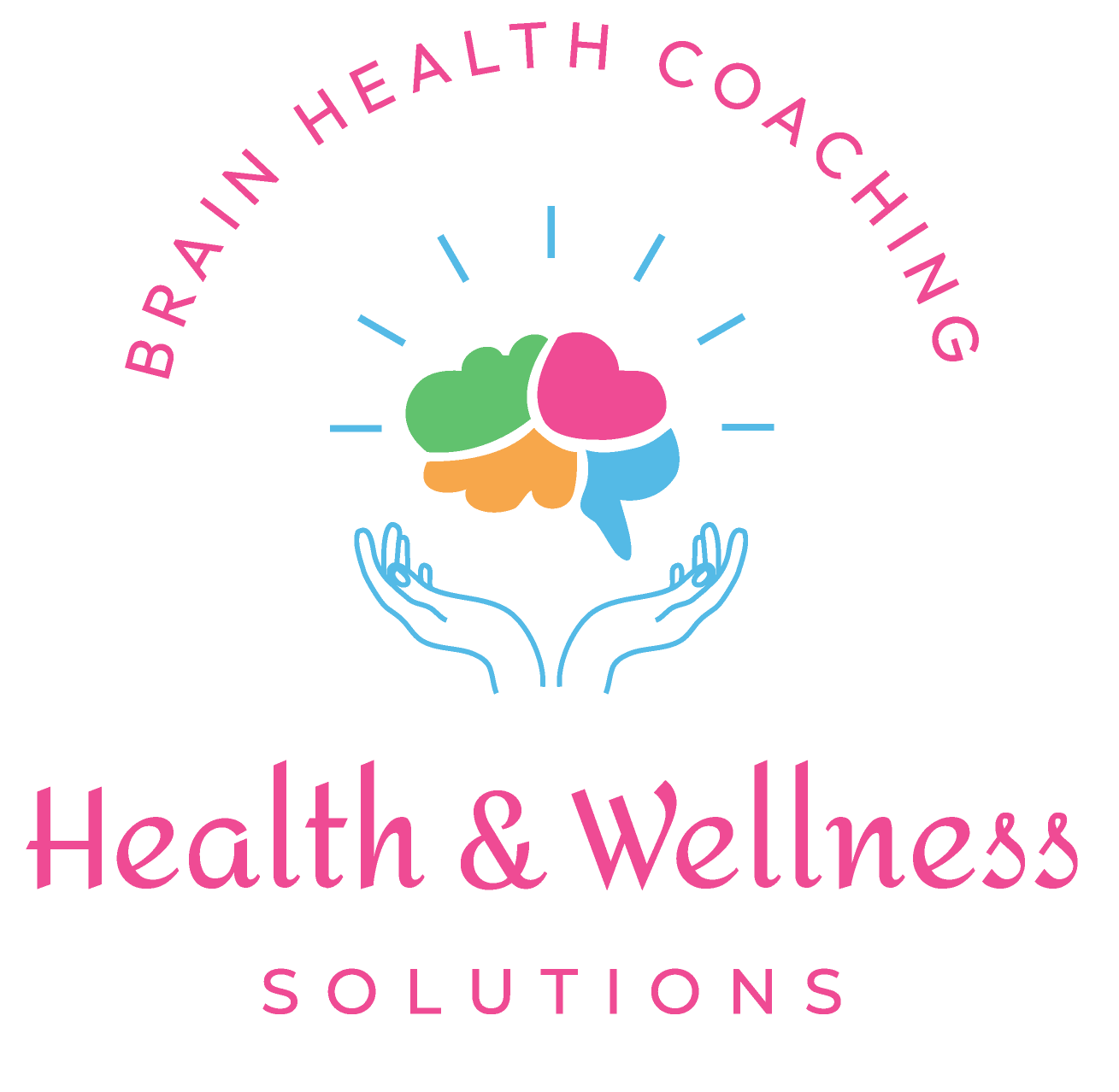Unlocking Brain Wellness: Breaking Free from 5 Harmful Habits
Do you ever feel like you’re fighting an uphill battle with your own mind? Like there’s a cloud of confusion that just won’t lift? We get it, and we’re right there with you.
In our quest to take care of ourselves, we’ve learned to avoid the obvious brain busters like drugs and excessive alcohol. We’re aware of the dangers of smoking and try to steer clear of the secondhand smoke cloud.
We’ve even tried our best to eat well and exercise. So, it seems like we’re doing everything right, doesn’t it? We think we’re being sooooo careful.
But here’s the thing: there’s a good chance that despite all your best intentions, you’re still unknowingly sabotaging your brain health.
You see, there are habits that could be silently wreaking havoc on your precious brain cells. These habits may be the reason you’re grappling with brain fog, memory lapses, and that creeping fear of aging and/or dementia.
So, let’s dive in and uncover these ‘dirty dozen’ habits that could be standing between you and the vibrant, clear-minded, and youthful version of yourself you’re yearning for.
1. Sugar – While sugar has long been blamed for issues like diabetes and obesity, few realize just how damaging excess sweetness can be to your brain. This extra sugar doesn’t leave a lot of room for nutrients to move around and actually hinders the flow of essential nutrients to your brain. This leads to problems with thinking, like ‘brain fog’.
The solution? Start by reducing your sugar intake, and the more you can reduce sugar the better for your brain. Opt for healthier alternatives with natural sugars like fruits and some vegetables. To satisfy your sweet tooth in beverages, try infusing water with lemon, berries, or other natural flavors.
2. Skipping Breakfast????? You’ve probably heard that breakfast is the most important meal of the day, but you might still be skipping it. The issue, as we’ve been told, is that overnight, the body uses up the fuel it needs to function, including your brain’s energy requirements.
But you say – I’ve heard about Intermittent Fasting
In the realm of breakfast choices, there’s a debate between skipping breakfast entirely and practicing intermittent fasting (IF). Here are highlight from each perspective:
Skipping Breakfast:
· Can lead to low energy, irritability, and cravings.
· May hinder cognitive function and cause “brain fog.”
Intermittent Fasting (IF):
· Involves cycles of eating and fasting, often skipping breakfast.
· May enhance brain health with benefits like reduced inflammation and improved neuroplasticity.
The solution? The key is to find what suits you. Pay attention to how your body responds. Prioritize high-quality meals. Stay hydrated. Seek professional advice if needed. Remember, the choice between breakfast and IF depends on your personal preferences and lifestyle.
Both can support brain health but only when done right!
3. Multitasking: Sure, it might seem like you’re conquering the world when you’re multitasking, but your brain tells a different story. In fact, studies have unveiled a troubling truth: multitasking can actually shrink your brain, causing serious harm to its very structure.
Multitasking forces your brain to constantly shift gears between tasks. This not only drains mental energy but also leads to cognitive fatigue. The more you switch, the more your brain tires out.
Despite the illusion of productivity, multitasking often leads to errors, overlooked details, and extended task completion times. Your brain’s divided attention makes it hard to perform at your best.
Research has shown that chronic multitasking can physically shrink the brain, particularly in areas responsible for cognitive control and decision-making. This can compromise your ability to focus and make sound judgments.
The solution? Focus on one task at a time. If you have a lot on your plate, allocate specific time slots to each task and concentrate solely on the task at hand.
4. Lack of Conversation: Surprisingly, a lack of conversation can hurt your brain. Your brain thrives on regular stimulation and growth, which conversation provides. Prolonged silence can actually shrink the gray matter in your brain.
Your brain is constantly seeking stimulation and growth. Conversation is like mental exercise; it engages various cognitive functions, including memory, comprehension, and problem-solving.
When you engage in conversation, you challenge your brain to process information, generate responses, and adapt to new ideas and perspectives.
Human connection through conversation goes beyond words; it involves emotions, body language, and empathy. These elements activate areas in the brain associated with social and emotional intelligence.
When you connect with others through conversation, you’re essentially exercising these crucial brain regions, keeping them vibrant and healthy.
Now, consider the flip side: prolonged silence. When you isolate yourself and avoid conversation for extended periods, your brain experiences reduced stimulation and activity. Prolonged silence can actually shrink the gray matter in your brain. In essence, your brain’s infrastructure can start to wither away
The solution? Engage with friends, join in-person discussion groups, and interact more with people. Make an effort to participate in conversations. If you’re worried about what to say, read interesting books or stay updated on current events to have something valuable to contribute.
5. Inadequate Sleep: Sleep is when your body heals best, and it’s the time when your brain clears out toxins. Without enough rest, your brain can’t function optimally, leading to memory problems and an increased risk of dementia as you age.
The solution? Aim for 7 to 9 hours of quality sleep each night to support optimal brain health.
Conclusion
The brain is a complicated thing but taking care of it doesn’t have to be. If you’re guilty of any of these habits, it’s easy enough to reverse the effects.
Simply put a stop to bad behavior by layering in better habits in their place. Your brain deserves it!
READY TO GET STARTED?
What’s stopping you from discovering, despite all your best intentions, what you’re still unknowingly doing to sabotage your brain health.
Take your first intentional step toward improving your brain health and overall wellness.
💻 If you want to learn more about the 5 Pillars of Brain Health, request Brain Fit Over 45″, the ultimate guide to Brain Health. You can find it on my website: Health and Wellness Solutions
📆 Let’s hope on a call! A FREE 45-minute Discovery Call where we’ll discuss your needs and whether the Brain Boost Blueprint Coaching Program fits you! Calendar to Book Call
💻 Follow me on LinkedIn: Eileen Allosso, Brain Health Coach
💻 Follow me on Facebook: Eileen Allosso, Brain Health Coach
#BrainHealth #AntiAging #HealthyLiving

Eileen Allosso, a Nurse Practitioner and Clinical Neurology Specialist, offers Brain Health Coaching that transcends traditional approaches. She empowers women aged 45 to 70 to overcome brain fog, memory lapses and other cognitive issues through tailored, holistic methods. With Eileen, embark on a journey that leads you to your desired goals of feeling like your younger self again, conquering fears around growing older, and aging vibrantly!

